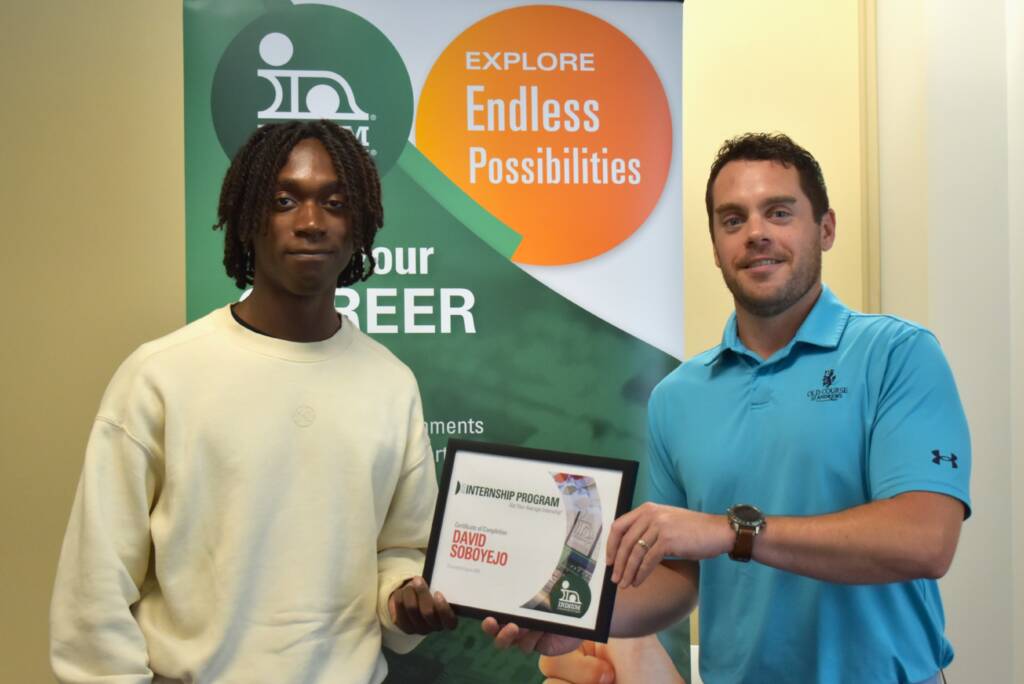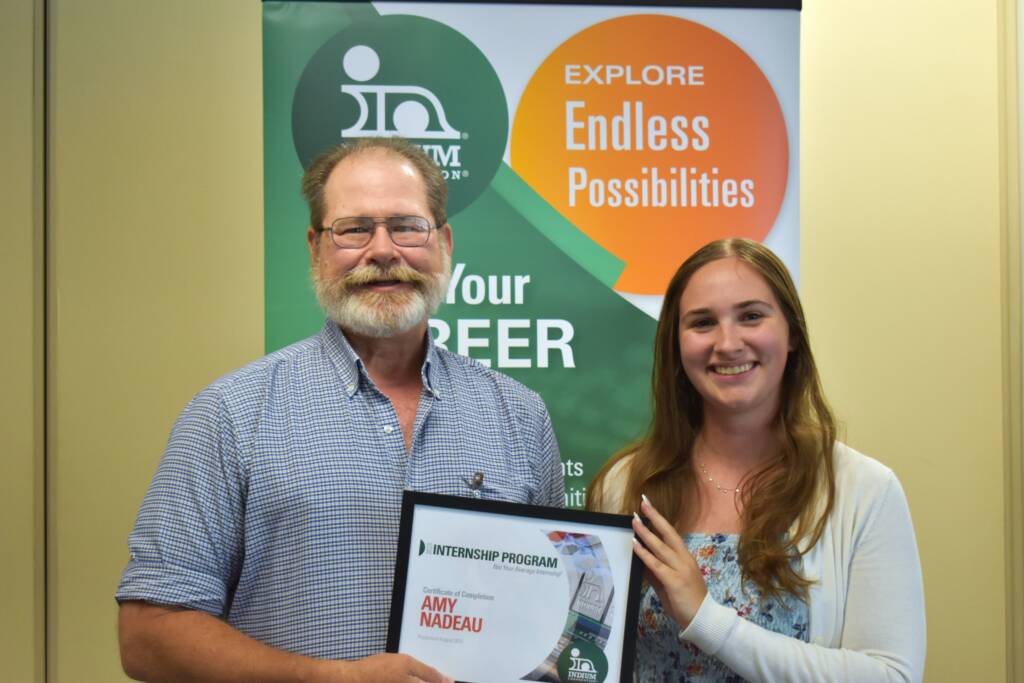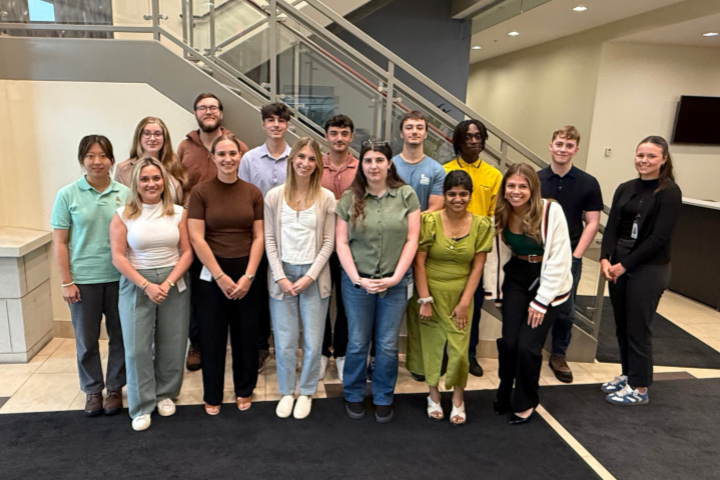Everyone gets nervous about something in their life—first day of school, meeting a new friend, or starting a new job. It is very easy to fear of the unknown, especially when you aren’t sure what your new adventure may hold. This summer, I had the opportunity to intern for Indium Corporation. Knowing that I was about to step into one of my first professional experiences, especially in the field of engineering, I was incredibly nervous.
Despite my nerves at the beginning, I quickly found myself getting acquainted with the other interns and my team while figuring out my own way to navigate this experience. During our orientation on the very first day, all the interns were told repeatedly that we did not have to know exactly what was going on all the time. What matters, however, as agreed on by all the past interns from previous years, is asking questions to gain as much as we can from this experience. Curiosity is a powerful attribute. To make the most use of our ability and depart the internship at the end of the summer with more knowledge than when we started, we must stay curious and ask questions.
Here are some of my other experiences and observations at Indium Corporation:
- Everyone is excited to see us here. There has not been a day that went by without someone saying, “Hey you look like a new face, are you an intern?”—to which I reply “Yes, I’m the new Technical Support Engineering Intern!” Without fail, the response usually is as follows, “That’s great! We are so glad to have you here, this is a fantastic company to work for.” Being new and only working for a brief period of time, I found it so comforting to learn that everyone was glad to have me here.
- Other interns were there with me through every step along the way. Indium Corporation does an excellent job at creating an interactive and engaging internship experience. They brought in an entire class of strangers, and by the end of the summer, we had already become friends and a big part in each other’s memories.
- This internship program focuses heavily on real industry work to equip interns with valuable professional experience. A big part of the internship was for us to work on an individual project and present our findings and achievements to our supervisors and senior leadership. Beyond our 9 to 5, we were also able to attend seminars, workshops, and community service projects.
Even though headquarters was my home-base for the summer, my project also allowed me to travel across different facilities, which was a great opportunity to meet so many more fellow employees, experience different work environments, and witness the ins and outs of the company’s operations from different perspectives. Being able to collaborate with different groups of people has been extremely valuable for me to become more flexible and adaptable—which I think is a powerful skill that can be taken with you anywhere.
At the beginning of my internship, I had very little knowledge of the vast market for solder applications. Due to the variety of clientele that Indium Corporation has, the Technical Support team assists with trouble shooting customers concerns while recommending and providing guide for our customers to choose the products that best suit their needs. To better serve our customers, we must understand our products well—which makes projects like mine very important.
As the Technical Support Engineering intern, my responsibilities focused on a Design of Experiment to characterize the extent of material fatigue that results from a repetition of thermal shock. This project helps evaluate the durability of certain solder paste samples targeted specifically for more aggressive applications, such as automotive PCB assembly. To better understand the durability of our products, I exposed samples to L-to-L thermal shock chamber to aggressively stress these materials in an accelerated fashion. Upon completion, I compare the degree of fatigue for the various materials and extensive process settings. Contrasting the results, the better material and process settings will help solidify which has the best performance.
After the L-to-L thermal shock test is complete, characterizing the fatigue employed a dye-and-pry method. The fatigue from thermal shock resulted in fractures within the solder connections, and applying the dye under vacuum drew the dye to the cracks within the solder material. Mechanically shearing the components from the circuit board, I collected the various degrees of dye penetration in the interconnects that resulted from the thermal shock for all samples and joints. Completing this analysis would provide a quantitative account and measure of failures. Based on the results and how high of a percentage of fracturing there was, I could determine the reliability of each of our paste samples. To properly meet a client’s standards and expectations, it is important that we conduct these kinds of experiments to gain a better understanding of our products.
Through this internship, I have experienced what the “Indium Way” truly means, starting with continuous support and commitment to changing the world through materials science. I have experienced the focus on respect, appreciation, and achievement first-hand. It begins with friendly people I have met in the workplace and continued to shine through the meaningful experience and interactions I have had with the other interns and the work that I contributed to.



